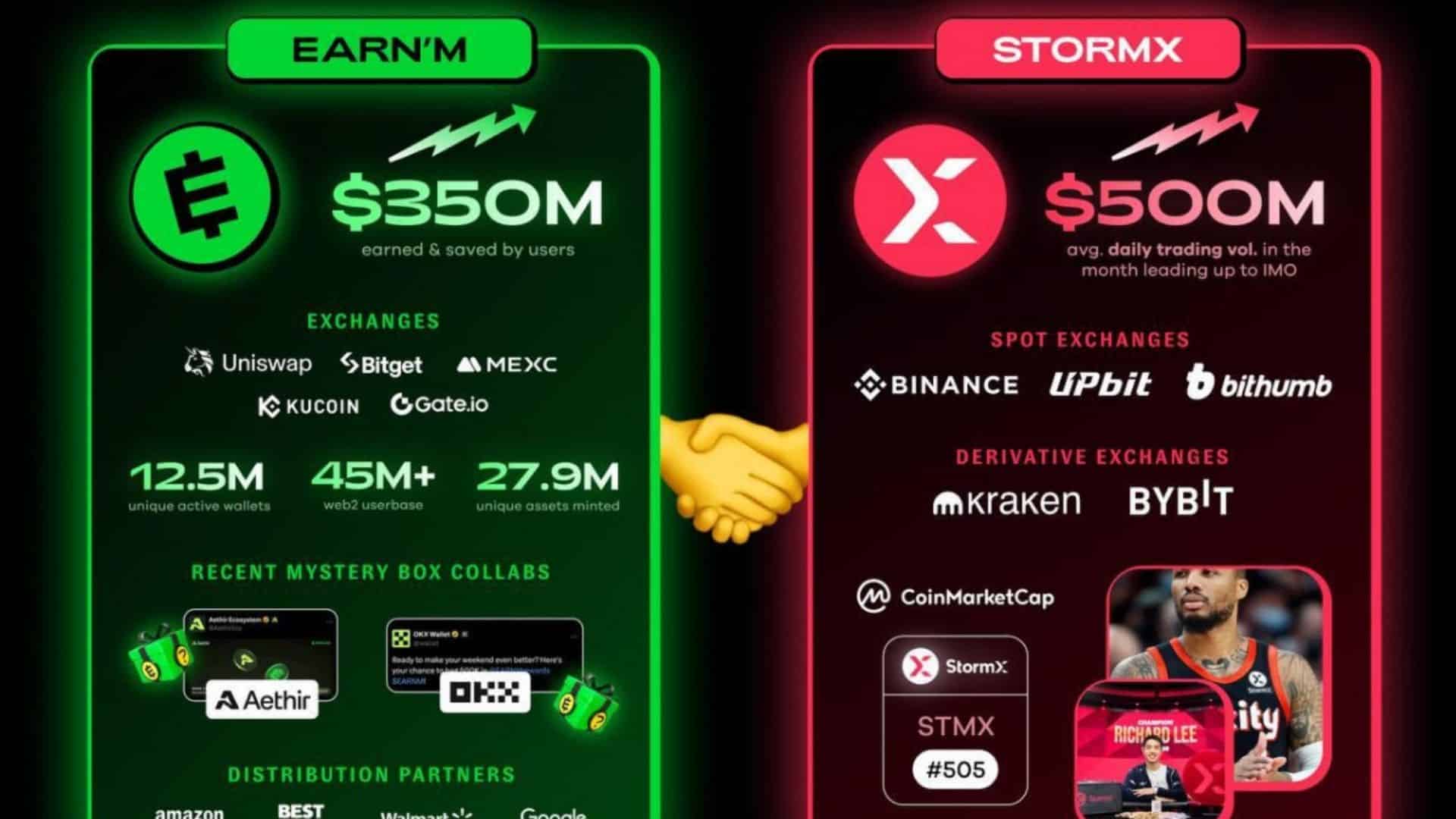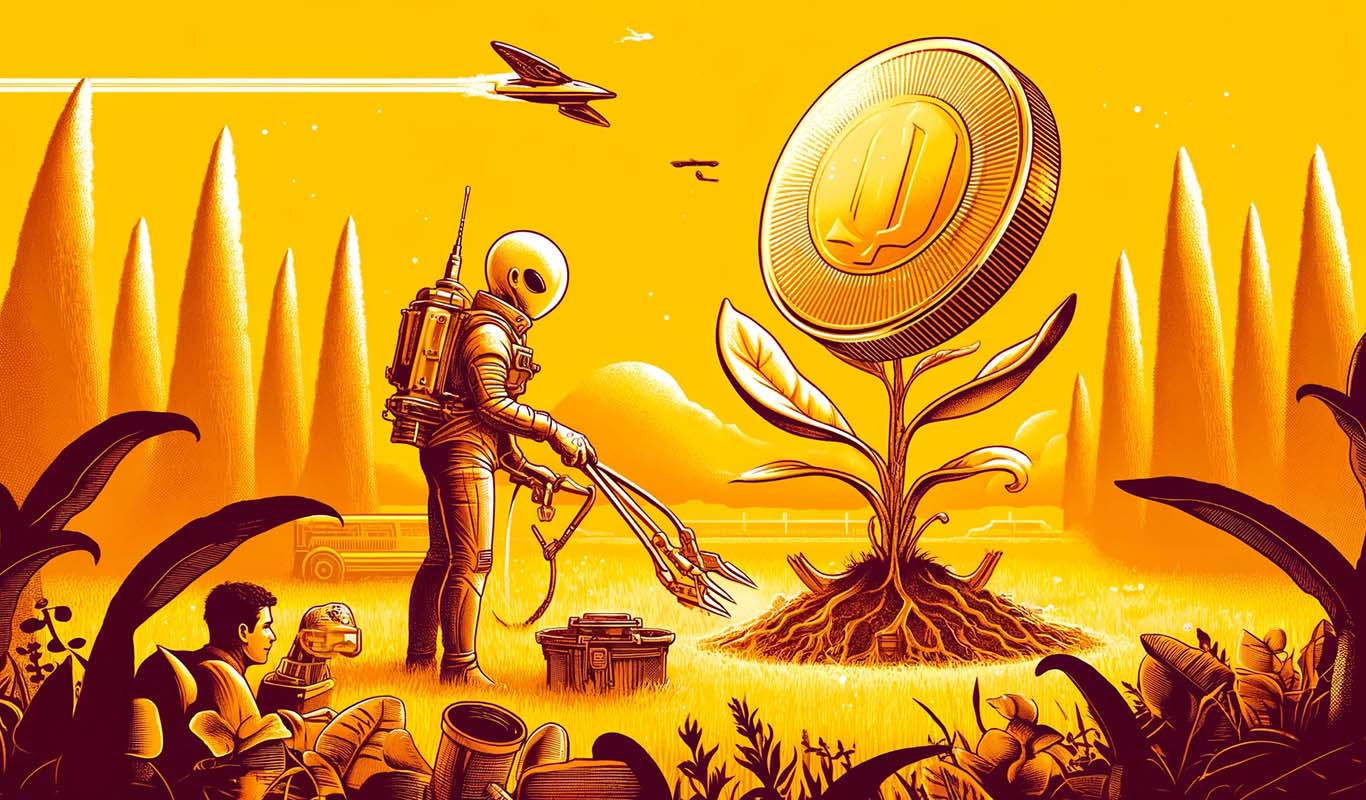
One of the exciting facets of Metaverse is that it is not real, and nobody can agree on its accurate definition, but there are a lot of people who are really thrilled about this technology. And because there are so many people who are excited, the hype may develop the platform. In this respect, let us have a look at some of the Metaverse alternatives that are existing in this space.
But before we get into the alternatives of Metaverse, there are several things that we need to know to understand this space better. So without making a further delay, let us begin.
A Metaverse is a network of the 3D digital world that is aimed at social connections, and it can illustrate as a stimulated digital ecosystem that utilizes augmented reality (AR), virtual reality (VR), and the blockchain along with the ideas from social media to form spaces for rich user interaction mimicking the real world. It covers almost everything like games, shopping, and meetings. To avail of the Metaverse, one must first put on a headset, after which they can connect to the VR (virtual reality) headset. Now you may wonder who will control the metaverse. Metaverse is completely decentralized. Here are two main Metaverse competitors:
- Microsoft: it offers a unique dimension of potential metaverse, with the company offering the OS for 73% of computer users across the globe and also being the biggest player in the video game industry. The Xbox platform of Microsoft is used by millions of gamers across the globe each day. This is also a Facebook metaverse alternative.
- Apple: While Apple does not have anywhere near the gaming space that Sony or Microsoft offers or is not among the alternative Metaverse, it probably provides the single best environment for its users. Apple users who use Mac, iPhone, iPod, Apple Watch, and so on receive the most advantage from the way the products of Apple seamlessly communicate with each other.
A ton of marketing dollars have been used in developing this hype, but it is in various ways arbitrary. VR (Virtual Reality) has been around for a long time now and has never really taken complete hold of the market. Seeding this excitement enables those investments to finally arrive at fruition.
Imagine, if the same hype machine was navigated elsewhere. What if we were thrilled to construct a Star Trek future instead of a Ready Player One future? A post-money sector where resources and data are ubiquitous and communities associate to push the boundaries of human experience and boldly travel to where no one has traveled before?
Or what about the future of a cyberpunk, where every portion of hardware is endlessly remixable and repairable into the latest devices?
You cannot sell headsets or non fungible tokens (NFTS) that way, of course, so there is little incentive for anyone to market this alternative future in the similar way the Metaverse has been. But we do require competing views of the future that challenge hyper-commercial interests. The narratives we talk about the future really matter. The Metaverse is a highly-financed, top-down commercial vision, which has partially received popularity because its ill-defined nature enables everyone to pin their own imagination on it. We would all get an advantage from an alternative, collaborative vision, bottom-up that trades commerce for the community. Now that you have understood the real hype beyond the Metaverse, let us have a look at the various Metaverse alternatives.
With the level to which the amount of Metaverse digital currency projects is rising, one cannot disagree with the fact that Metaverse is a distant dream. Yes, undoubtedly. Ethereum and Bitcoin are always high in demand, but altcoins such as Dogecoin or Shiba Inu, along with terms such as NFT (non fungible tokens) and the Metaverse, have had their own share of popularity as well. Out of all these, there is one phrase that is playing for quite some time now, and that is none other than Metaverse.
So Metaverse is a parallel universe where one can explore new things, meet people, and do many other things. Some of the famous Metaverse platforms are Decenteraland, Sandbox and many more. But other than that, there are several other Metaverse alternatives that are often ignored, and in this section, we are going to have a look at them only. So without any further delay, let us start with the top 10 alternatives to the Metaverse.
What can get better than an exchange that enables people to formulate, store, list, and also trade NFTs all in one place? We will, this is what this alternative reality has in their store for you. Along with that, this Metaverse exchange has developed to be a platform with lower charges. This is among the largest reasons why most the ventures are showing an inclination toward it.
SushiSwap enjoys broad recognition as a famous decentralized exchange that enables users to purchase and sell digital currencies. Well, that is not all. All this without needing a centralized third party. Its fame is so much so that its market cap in early 2022 has left everyone shocked. Its fame has since resulted in SushiSwap dodging a market capitalization of US$500 million very early in 2022.
In this computer-driven space, we are always in requirement of visuals, which need a lot of processing power. This is where this exchange comes into play. Render is among those decentralized networks that make use of the idle graphics processing units (GPUs) of people to formulate those visuals. Along with that, Render can offer companies with state-of-the-art graphics in a scalable and affordable way.
Axie Infinity is an important player as far as Metaverse in crypto is concerned. It is a “battle game” where users fight their Axies (creatures or characters) in real time. There is a specialty to this platform. Wondering what? Well, each Axie is a unique ERC-721 NFT (non-fungible token), and AXS holders can claim their rewards by staking tokens, playing the game, and taking part in governance. How amazing is that? Also, if you are thinking who is leader in metaverse, you can consider this as well, along with Decentraland and Sandbox.
Have you been ever mesmerized by how HD avatars of real-world items and persons are formulated? This is where Metahero comes into the play. It does all of this using 3D scanning. Metahero as an entity has even installed a scanning chamber in Doha that scans products and creates their digital, 3D forms for the Metahero universe. HERO is the native currency of Metahero. A point worth stating is that it has a prominent market cap of more than $494 million (as of the beginning of 2022).
Wilder World has become pretty popular these days. Well, how would it not be? This 5-D Metaverse channel is now home to several NFT-based projects and games. With this, the users can purchase condos in Wiami (a virtual city that is based in Miami). Hold on! There is more to it. The users can purchase NFT cars as well to cruise the streets.
Everybody is sound of how good a digital currency Ethereum is. Another purpose for its fame can be attributed to the idea that the Ethereum network is the most active blockchain across the globe. Also, Ethereum is quite famous for buying real estate in the Metaverse.
Bloktopia is a decentralized Metaverse exchange that is created and backed by Polygon. As known to all, the polygon is among the leading blockchains across the globe. No wonder why this sees itself in the list of the top 10 Metaverse alternatives to search for in 2022.
This specific virtual world links the real life and the digital realm. An open world NFT marketplace and a physical trading card website are all linked by a single token. TCG World is a methodologically operated open world that offers its users several ways of earning currency. You can assemble NFT collectibles, purchase virtual land plots, flip virtual real estate, and even train and sell monitors.
Substrata is a 3D digital world in the early development stage that does things slightly distinctly in comparison to other exchanges on this list. Namely, it does not function on a strict non fungible token basis. Still, all the parcels that are owned by a player can be minted as Ethereum NFTs.
Users can explore the elegant shared world, play, chat, and construct, along with acquiring a personal “space” or land plot to personalize. Parcels are accessible for buying directly on the website or other secondary marketplaces.
In fact, Mark Zuckerberg, the founder and owner of Meta, which was formerly called Facebook, anticipates it could take 5 to 10 years before the key characteristics of the Metaverse become mainstream. But the Metaverse is increasing aggressively.
One can experience ultra-fast broadband speeds, VR (virtual reality) headsets, and persistent always-on online space are already up and operating, even though they may not be available to all. Having said that, we have listed 10 Metaverse alternatives in the above section to give you an idea about the exchanges where you can experience Metaverse easily. Also, if you are looking for an open source alternative to Metaverse, then you can look for Vircadia.







